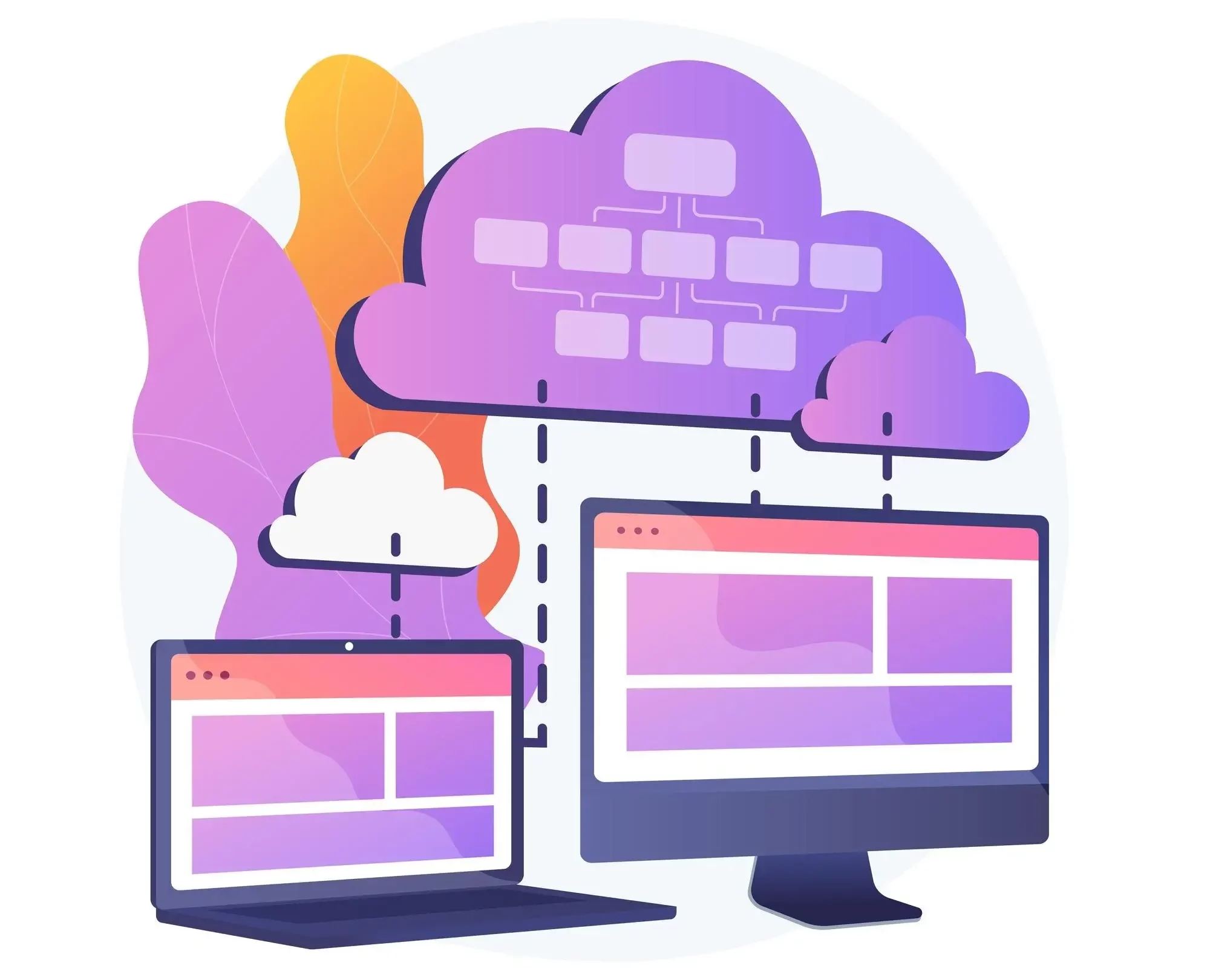HIPAA is a critical component for modern healthcare organizations. When done right, any health-related information collected is protected from the public. That’s why more and more healthcare organizations, such as Philips and Siemens, embrace the cloud through providers like AWS and Azure to store critical health information.
If you’re looking to build your own EMR or undergo digital transformation for your healthcare company, ensuring the confidentiality of medical information is an ethical standard that you must uphold. This applies to historical medical records, too. Otherwise, negligent organizations risk prosecution, penalties, and massive fines.
Below, we provide an overview of HIPAA, explain why healthcare organizations leverage the cloud, and identify key traits of HIPAA-compliant cloud services.
What is HIPAA?
The Health Insurance Portability and Accountability Act (HIPAA) is a set of rules that outlines the disclosures and allowable uses of patient medical records. It governs when, how, and who may access medical records. It also sets the standard for unauthorized access to patient health information. What you must remember is that securing healthcare information requires reasonable efforts on a case-by-case basis. For instance, it may be enough to encrypt emails, while other times, it’s about password-protecting the documents inside. Consult with a lawyer to understand the full extent of reasonable efforts around healthcare security.
Why Use the Cloud for Healthcare?
The answer is simple: to derisk your business. This is especially helpful for small to medium-sized businesses that lack the capital for on-premise servers. With an effective BAA in place, you offload the HIPAA responsibilities to cloud providers. That doesn’t mean you should neglect data security. Note two things:
- You are still responsible for the due diligence of your cloud services. Not all of them comply with HIPAA.
- You are still responsible for securing and managing any applications or web pages that interact with the cloud service. A breach in these areas would be on you.
HIPAA Compliant Cloud Services
When processing personal health information (PHI), businesses must follow industry best practices for healthcare data security and take every reasonable step to protect it. Additionally, businesses must confirm the following when using HIPAA-compliant cloud services:
- HIPAA-compliant clouds must support single sign-on or two-step authentication. They must also support the transfer of encrypted ePHI.
- Non-HIPAA-compliant clouds don’t offer a BAA that covers entities. Without a BAA, you’d be responsible for data breaches that happen on their cloud infrastructure.
- Some cloud services may not provide essential integrated security services for HIPAA compliance, which is why ePHI storage can’t be stored on them. You’ll want to check which services offer a BAA.
Cloud providers that support HIPAA compliance include AWS, Box Enterprise and Elite, G Suite, Google Drive, Dropbox Business, Microsoft OneDrive, and E5. Note that not all the services from these cloud providers are HIPAA-compliant. For example, AWS released a white paper titled “Architecting for HIPAA Security and Compliance on Amazon Web Services” that details which AWS services are HIPAA-compliant. This white paper also outlines the Amazon resources needed to build a HIPAA-compliant architecture. As such, care must be taken to review each cloud service for compliance before using it.
The Bottom Line / TLDR
HIPAA compliance is foundational for any organization handling patient data. Cloud providers can reduce risk, costs, and operational burdens related to PHI, but only when they’re used correctly. That means verifying HIPAA eligibility, securing a proper BAA, performing due diligence on each service, and maintaining strong security practices across every application that touches ePHI. When strategy, compliance, and cloud architecture align, healthcare organizations can safely scale, modernize, and innovate without compromising patient trust or exposing themselves to costly legal risk.
Need help navigating your healthcare organization through the cloud? Connect with a cloud partner like Uplancer to get started today!













